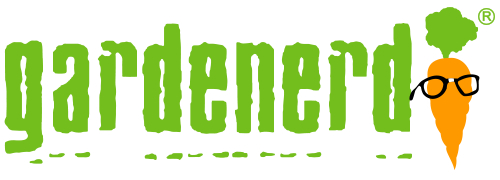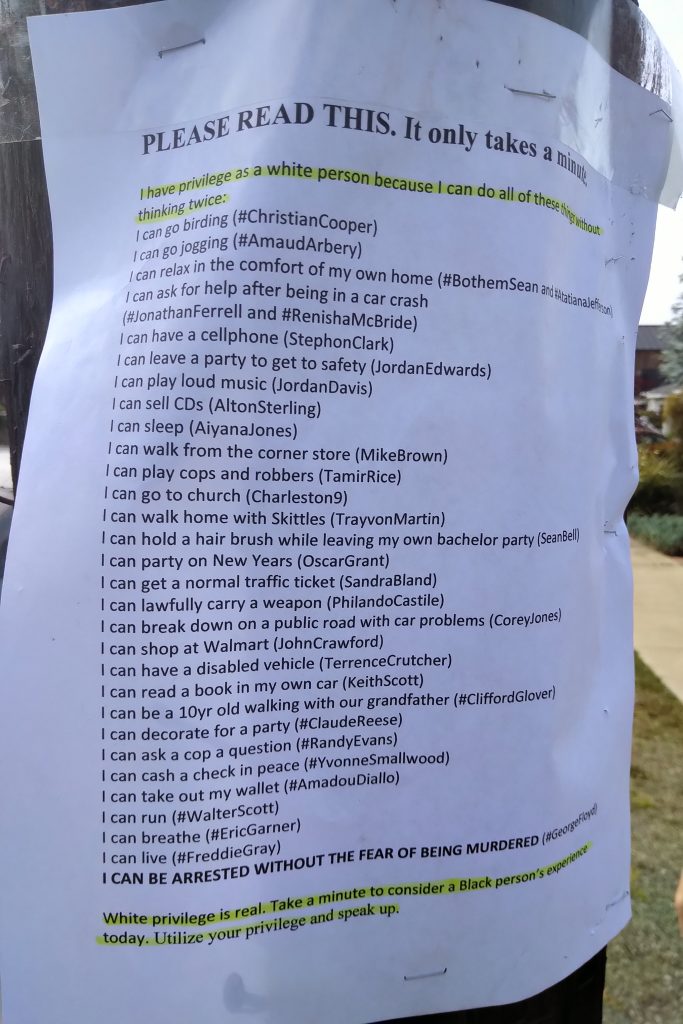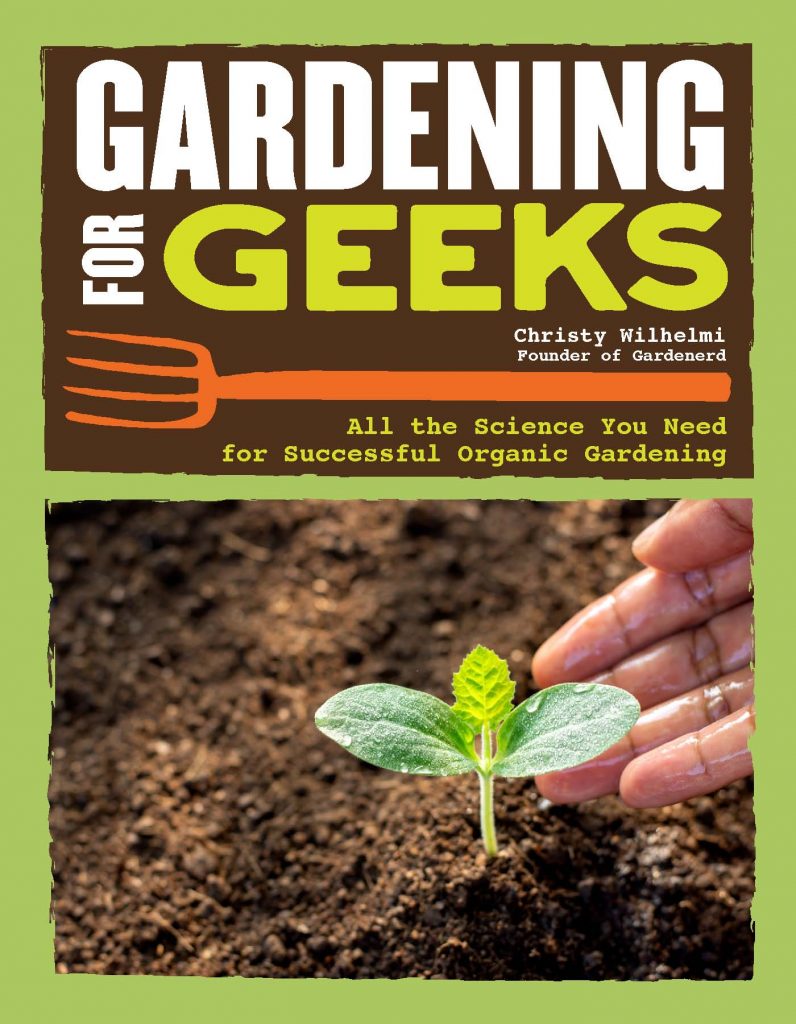
In this issue:
- June in the Garden
- I Will Confront Racism Now, Not Someday
- Gardenerd Tip of the Month: Fruit Tree Podcast
- Gardenerd Product of the Month: Gardening for Geeks 2020
June in the Garden
As I write this, helicopters are hovering overhead. I hear alarms and sirens off in the distance in my Los Angeles neighborhood. People are peacefully protesting, while opportunists loot local businesses. It’s really hard to write about gardening as if nothing is going on. So I won’t. Something IS going on, and we have to acknowledge the reasons why. Sure, I’ll talk about gardening, but not in a vacuum. I hope you will keep reading.
The Test Garden has been an oasis in the midst of Covid-19 and civil unrest. Right now, cucumber blossoms bring a smile to my face. Tomatoes are setting fruit, and I’m hand picking army worms off corn stalks. I’m harvesting lettuces, green onions, cilantro. I’ve planted lima beans to replace the dying sweet peas. The promise of ripe tomatoes fuels daily hope, and helps beat back depression and despair. Our world is broken and gardening can help heal our wounds if we listen and learn.
In this newsletter, I’ll address the elephant in the room. I also offer distraction in the form of a new podcast about growing fruit trees in small-spaces. It’s time to step up as human beings and fix what’s broken. The sooner we admit it, the sooner we can heal and grow once more.
Happy gardening,
Christy
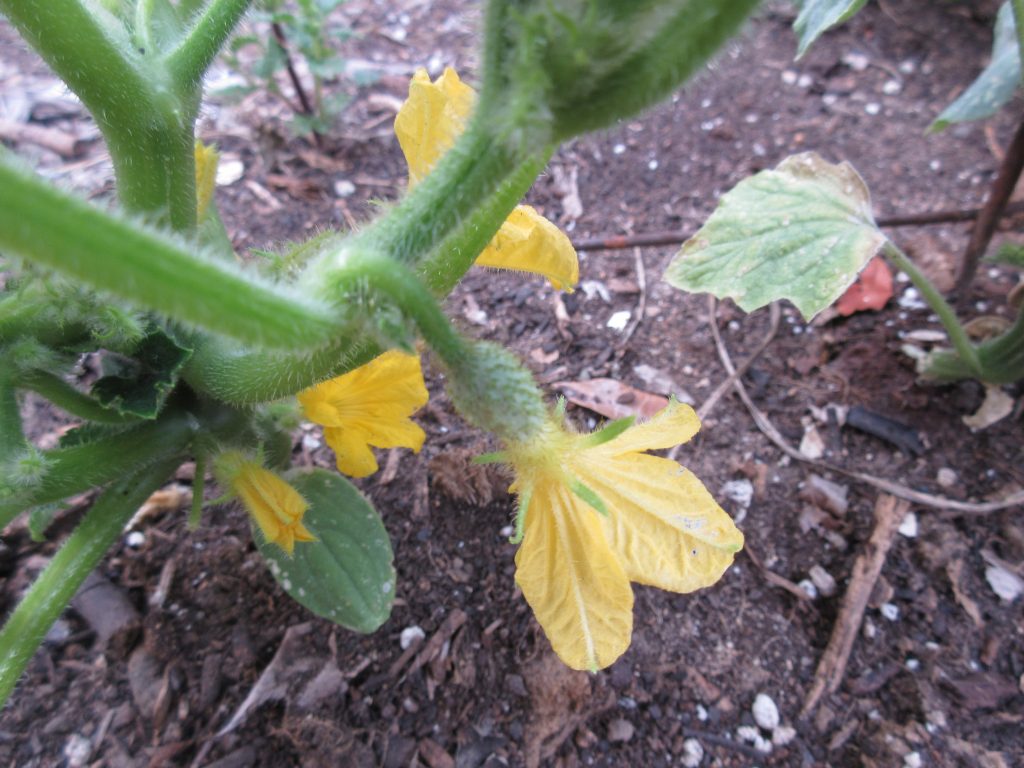
2. I Will Confront Racism Now, Not Someday
I’m not very articulate when it comes to expressing shame, but that’s what I feel when I think of how long it’s taken to understand how my whiteness has made my life easier and safer than any Black or Brown person’s life. For a long time I, like many, thought that doing well in life was a matter of making good decisions, choosing the right role models, and showing up with integrity when the occasion calls. And that the fate of others less fortunate was a direct result of choosing to do the opposite.
But that’s a misconception. That is one of my many unexamined assumptions about black, indigenous, and people of color. The truth is that “doing well” in life has everything to do with equality or the lack thereof. The sooner we admit there is racism, inequality, and systemic suppression of some but not others in our daily existence, the sooner we can start to address the real reasons why Black and Brown people aren’t doing well in this country.
Sure, my life was challenging as a kid. I was “on the outside looking in” at my dreams and goals, and was bullied and ostracized for being nerdy and scrawny. I had multiple experiences of #MeToo as a child that made me afraid of men in general. But I could always walk into a store without the owners eyeing me as a potential thief just because of the color of my skin. Being white spares me from scrutiny, suspicion, and disrespect. Statistical data supports this argument (I wouldn’t be a Gardenerd if I didn’t present the research).
Even as a woman, I can apply for a home loan, something that was denied for decades (and is still in some places) to black people. Mortgage rates are higher for them, business loans are denied more often for them. The very foundation of our economy is denied to a portion of society because of race. Covid-19 is disproportionately affecting black and brown people, not only because they hold jobs in “essential” services (and are paid less than whites holding the same position), but because they don’t have access to proper health care, and they are treated differently than whites by providers. The list goes on with disparities between how blacks are treated vs. whites at every turn: arrests, criminal sentencing, job hiring. I know I couldn’t succeed in the face of that opposition. And that’s not even the overt racism embedded in our country’s history, that we still see all over. No wonder people are raging over yet another death of an unarmed black man.
Systemic oppression is centuries old, and the task to unravel our preconceived notions, our assumptions, and yes, inherent racism is a daunting task. To say that racism is dead or over is ignorant. To say that we–whomever we are–don’t play a part is irresponsible. To be silent is unconscionable.
I am taking steps to address my inherent racism. This article is step 1. My step 2 is to take an anti-racism course by Layla Saad. I hope you will join me in evaluating your own inherent racism, peeling back the layers of unexamined assumptions about black, indigenous, and people of color.
If you are not ready to peel back the layers, at least acknowledge that racism exists and is at play every day. That’s a good starting point.
3. Gardenerd Tip of the Month – Podcast: Fruit Trees with Tom Spellman
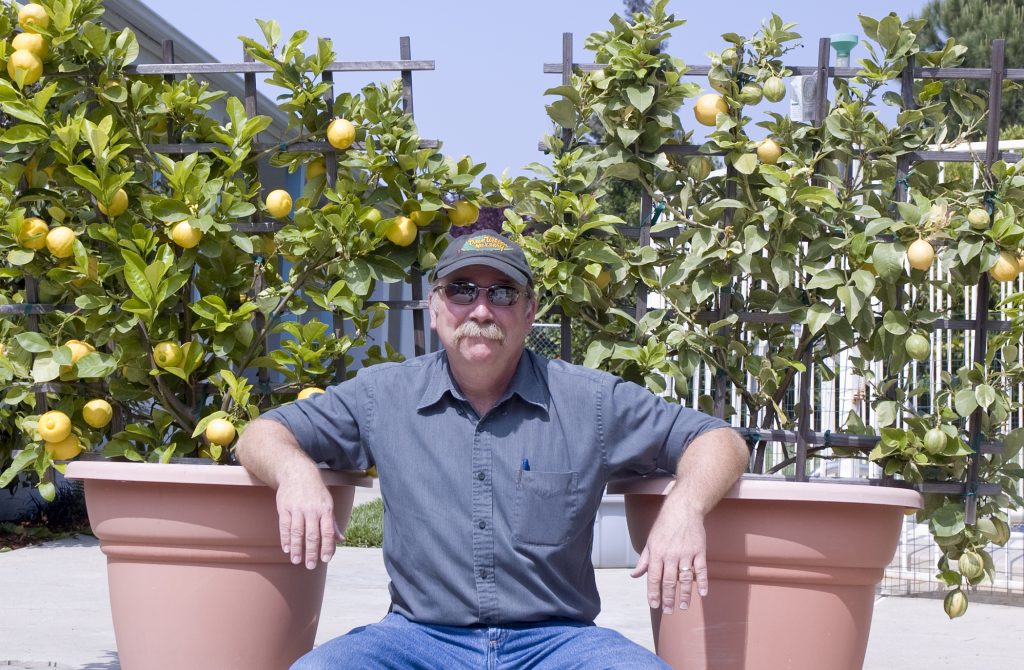
Tom Spellman of Dave Wilson Nursery joins the Gardenerd Tip of the Week Podcast this week for a crash course in Backyard Orchard Culture and growing fruit trees in small spaces. You’ll come away with a few new ideas for your own fruit garden.
Podcast: Fruit Trees with Tom Spellman
4. Gardenerd Product of the Month – Gardening for Geeks
Gardening for Geeks is available on Gardenerd.com, Amazon, Fox Chapel Publishing, and Barnes & Noble. This updated version will help you plant victory gardens for everyone in your family. It includes 6 new plant profiles, and updated resources and terminology. Some distributors still show the book as back-ordered, but we’re working with the publisher to resolve the issue. Stay tuned and…
Stay tuned for more tips and tidbits from Gardenerd.com. Happy summer gardening!

Search our archives here.
